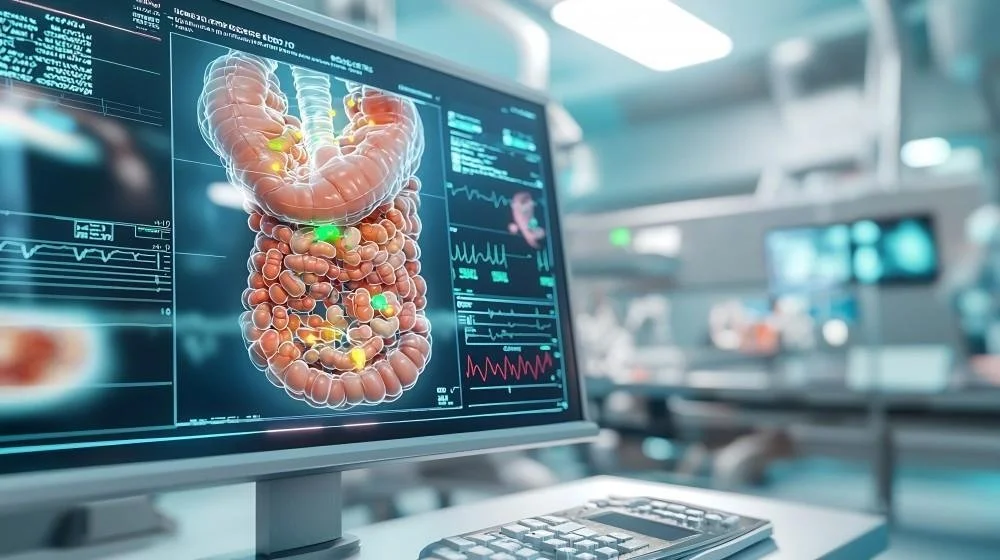How Alcohol Impacts the Gut Microbiome and Its Implications for Heart and Cancer Risk
Emerging research reveals that alcohol consumption can significantly disrupt the gut microbiome, leading to systemic inflammation that increases the risk of cardiovascular disease and certain cancers. Understanding this connection is vital for both healthcare providers and patients aiming to mitigate these health risks.
What Should I Undstand About My Gut Microbiome?
The gut microbiome comprises trillions of microorganisms residing in the gastrointestinal tract. These microbes play a crucial role in digestion, immune function, and overall health. A diverse and balanced microbiome is associated with better health outcomes, while an imbalance, known as dysbiosis, can lead to various health issues.
What Are Alcohol's Disruptive Effects on the Gut Microbiome?
Alcohol consumption can adversely affect the gut microbiome in several ways:
Reduced Microbial Diversity: Alcohol can decrease the variety of beneficial bacteria, leading to dysbiosis. WJGNet
Increased Intestinal Permeability: Alcohol-induced inflammation can compromise the gut lining, allowing harmful substances to enter the bloodstream—a condition often referred to as "leaky gut." cardiologistnyc.com
Altered Metabolite Production: Disruption in the microbiome affects the production of short-chain fatty acids (SCFAs), which are vital for maintaining gut health and regulating inflammation. PMC
What Is Systemic Inflammation and Cardiovascular Risk?
The compromised gut barrier allows endotoxins to enter the bloodstream, triggering systemic inflammation. Chronic inflammation is a known contributor to atherosclerosis, hypertension, and other cardiovascular conditions. cardiologistnyc.comScienceDirect
What Is The Increased Cancer Risk?
Alcohol-related dysbiosis and systemic inflammation also elevate the risk of certain cancers:
Colorectal Cancer: Alcohol consumption is linked to a higher risk of colorectal cancer, possibly due to the production of carcinogenic compounds like acetaldehyde by gut bacteria. Nature
Liver Cancer: Chronic alcohol intake can lead to liver inflammation and cirrhosis, conditions that significantly increase the risk of liver cancer. Comprehensive Cancer Information
What Are Strategies for Mitigating Risks?
To protect gut health and reduce associated risks:
Limit Alcohol Intake: Reducing or abstaining from alcohol can help restore microbiome balance.
Dietary Adjustments: Consuming a diet rich in fiber, fruits, and vegetables supports a healthy microbiome.
Probiotics and Prebiotics: These can help replenish beneficial bacteria and promote gut health.EatingWell
Regular Medical Check-ups: Monitoring liver function and screening for cardiovascular and cancer risks are essential for early detection and prevention.
Alcohol's impact on the gut microbiome has far-reaching consequences, contributing to systemic inflammation and increasing the risk of cardiovascular diseases and certain cancers. By understanding these connections and adopting healthier lifestyle choices, individuals can significantly reduce these risks and promote overall well-being.
Sources
National Cancer Institute. Alcohol and Cancer Risk Fact Sheet. Cancer Info & Resources+2Comprehensive Cancer Information+2Wikipedia+2
MD Anderson Cancer Center. How does alcohol affect the microbiome? MD Anderson Cancer Center
PubMed Central. Alcohol and Gut-Derived Inflammation. PMC+1cardiologistnyc.com+1
Nature Communications. Alcohol-induced gut microbial reorganization and associated cardiovascular risk. Nature
PubMed Central. Ethanol: striking the cardiovascular system by harming the gut. verywellhealth.com+4PMC+4MedicalNewsToday+4
PubMed Central. Alcohol Use and Gastrointestinal Cancer Risk. PMC

